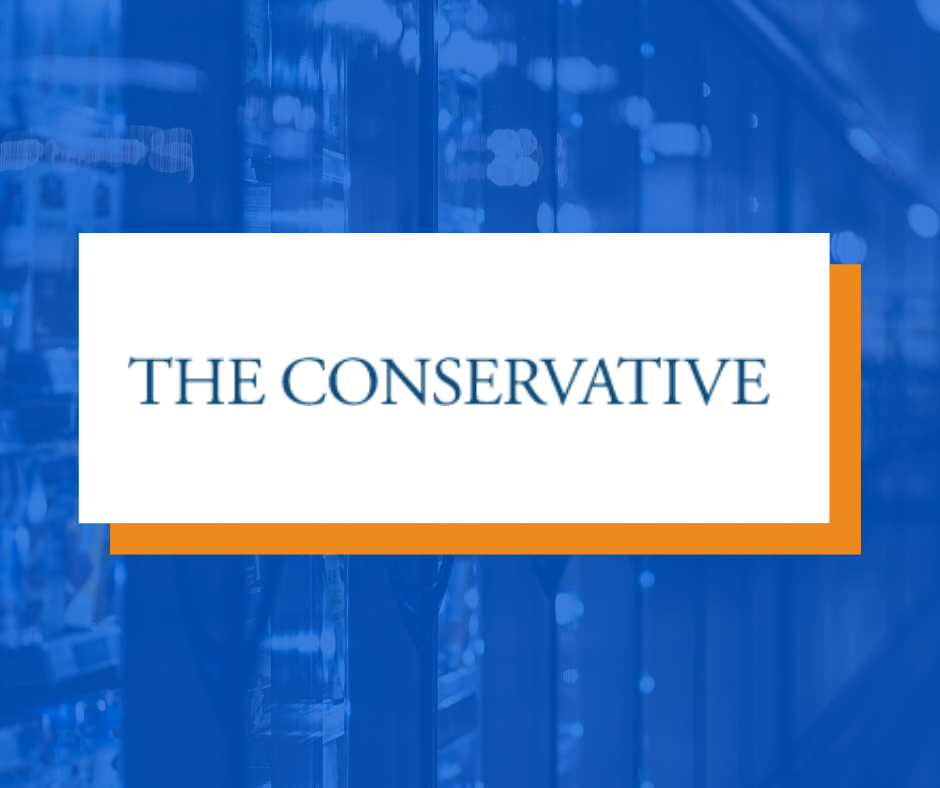Free exchange is not a zero-sum game.
States are in a certain amount of competition with each other. It is true that trade is not a zero-sum game and that trade wars, tariffs and other restrictions are therefore counterproductive. Nevertheless, it cannot be denied that different regulatory options lead to better or worse results. For example, a state that taxes its citizens and businesses less tends to be more competitive than a state with high taxation. A state that makes it easier to open a business will usually have more self-employed people than a state that imposes a high bureaucratic barrier. Only in an entirely free global market economy would these regulatory differences disappear.
But we do not have that starting position. The Beatles have disbanded. Sebastian Vettel will not become world champion with Ferrari, and parents sometimes do not love all their children equally.
In this imperfect world, states are definitely in competition with each other. This leads to such pathological phenomena as protectionism.
Another kind of competition could be observed not too long ago in two Baltic states. In Estonia, for example, it was noticed that due to the higher alcohol taxes, many citizens decided not to buy alcohol in their own country but from their neighbour in Latvia. This led to lively trade, especially in the border areas, and businesses grew like mushrooms after a shower. The losses suffered by the Estonian state budget had an effect, as is often the case, and the government decided to reduce alcohol taxes by 25% in 2019.
This initially triggered a small diplomatic crisis. The Latvians were initially dismayed. The two countries had actually agreed years before that Latvia would increase alcohol taxes, which also happened gradually. The Prime Minister of Latvia initially affirmed that he did not want to enter into an alcohol war against Estonia. The Estonians’ bold action effectively forced Latvia to lower its alcohol taxes in return. The result was a 15% reduction in alcohol taxes.
Such a tax cut does not necessarily mean that less revenue is collected.
Poland decided in 2002 to radically reduce alcohol taxes by 30% in order to fight the “grey zones” where alcohol was produced illegally and uncontrolled. Because of the tax cut, the Polish state budget recorded significant revenues and was able to reverse a trend that had been going on for years. In 2002, taxes brought in 3.87 Mld PLN (881 Mln €), in 2003 it was already 4.09 Mld PLN (931 Mln €) and in 2004 the Polish state enjoyed 4.56 Mld PLN (1 Mld €). Likewise, it was possible to combat the grey areas where alcohol was produced in an uncontrolled manner.
The examples show two lessons. On the one hand, a tax cut does not always mean a loss of financial resources for the state. On the other hand, it is a suitable tool for international competition, with economic benefits for the consumer.
For such competition to emerge, certain framework conditions are needed. In the case of taxes levied on certain goods, this framework condition is the free market and freedom of movement. Both states are members of the European Union. The situation described above could only arise because it is possible for Estonians to travel to Latvia and buy goods there without significant bureaucratic and financial effort.
However, the principle is applicable to many types of taxes. Thus, states and regions can also compete against each other by cutting wage and income taxes, capital market taxes, property taxes and other levies. This principle can be seen on the European continent in the example of Swiss federalism. There, cantons compete against each other with, among other things, the tax burden. For instance, in Zug’s canton, which is located in the centre of the country, one tends to pay less tax than in the western areas close to France.
A larger country with a federal structure that favours tax competition is the USA. Nine states in the USA (Wyoming, Washington, Texas, Tennessee, South Dakota, New Hampshire, Nevada, Florida, Alaska) do not levy their own income taxes. This is a not inconsiderable difference from the state of California, which levies a tax of 13.3%. Differences also arise in details such as progression. States like Illinois, North Carolina or Minnesota do levy income taxes, but in the form of a “flat tax”, a line tax.
There are also significant differences in sales taxes and other levies.
In both the USA and Switzerland, citizens thus choose between different taxation models and can vote with their income and their own feet by selecting another place of residence.
This mechanism can also be observed in the EU. Such an advantage of European federalism must be preserved and strengthened. Instead of introducing minimum tax rates (which already apply to VAT, for example), the European Union should instead endorse competition. Benefits would accrue not only to individual taxpayers in the EU but to the free trade area as a whole.
Lower taxation, which could be achieved through competition, would make European companies more competitive in the international market. So the EU should talk less about solidarity and more about federalism and decentralisation in the context of taxation.
Originally published here.



